Nestled in the heart of the Metroplex, residents often remark on Coppell’s unique charm. The city provides a sense of independence from the larger urban area it lies in, but this does not allow its youth to escape political discourse.
“Issues are not so far-fetched that students do not have to worry about them,” said Coppell High School junior Harshvardhan Vinoth Kumar, an intern for Texas House of Representatives District 115 candidate Casandra Hernandez. “Students have to know the repercussions of candidates being elected and express their interest through voting, political activism and volunteering for the political candidates they support.”
In the past two decades, Coppell has undergone significant demographic changes increasing diversity. This has led to formerly conservative leaning Coppell to become more liberal over time.
This diverse population exposes students to a spectrum of ideas and encourages multiple viewpoints in politics.
“Coppell being a suburb with a mix of liberal and conservative views is better than areas that are extremely urban and liberal, or areas that are extremely rural and conservative, because it gives students a more broad-minded perspective,” said junior Aryaman Singh, who was formerly a volunteer for Texas House of Representatives District 115 candidate John Jun.
Although Coppell may have its conservative and liberal sides, its residents do not exclusively support their party’s viewpoints. According to Coppell City Council member Ramesh Premkumar, Coppell has steered clear of partisanship on a local level.
“Our residents have been very careful not to let the national or state level partisan fight come into local elections,” Premkumar said. “We live in an amazing city that understands that at the local level, we are not benefited by taking up a partisan fight.”
In his experiences, government teacher Michael Erickson, who is also a long-time Coppell resident, thinks this open-mindedness causes students to judge policies on an individual basis, often forgoing party stances.
“This generation picks issues not because Republicans or Democrats claim them, but because of what they believe, even if from one viewpoint is conservative and one is liberal.”
Despite the city’s unique qualities, Coppell youth still follow trends similar to those of most major metro areas. Students tend to be disconnected from local politics, instead focusing on national races.
“The people I have spoken to are generally aware of what is happening in our country, but that is solely reserved to the national level,” Vinoth Kumar said.
The lack of young people participating in down-ballot races can discourage elected officials from representing those viewpoints. According to Premkumar, the absence of young voters leads elected officials to shift their focus to more vocal demographics, which may lead to a lack of policies benefiting the younger population.
“Most of the things that we get done are on the state level and I do not think people understand that state governments pass more bills than the national government,” Vinoth Kumar said. “City councils also pass many bills that dictate day to day life for most of its citizens, but I feel like students do not understand the amount of work that council members do and the impact that these local governments have on their lives.”
Vinoth Kumar thinks a lack of interest in politics may be attributed to a lack of education on civic systems, which leads students to underestimate the importance of government and local races being overlooked.
According to Erickson, education is also a major factor in determining political involvement, especially during election year.
“It is such an important thing for kids to have a civics education,” Erickson said. “In the first three months this year, I have noticed more kids asking deeper questions about issues and candidates.”
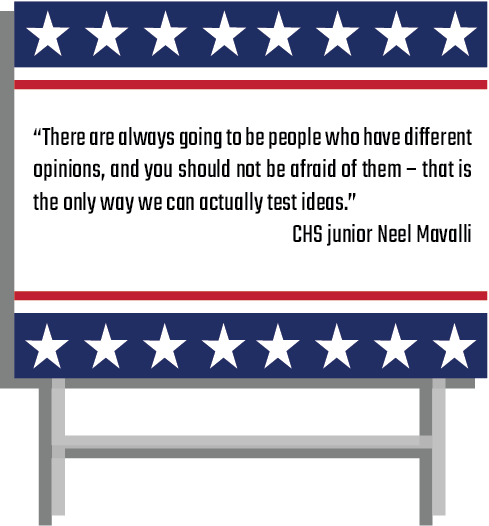
Younger people may also be anxious to enter politics after seeing the partisan divide present at the national level.
“Politics has been given a bad rep in today’s world,” said junior Neel Mavalli, an intern for Hernandez. “There are always going to be people who have different opinions, and you should not be afraid of them – that is the only way we can actually test ideas.”
While some students may be aware of national political events, few have a thorough understanding of their background.
According to Erickson, most of his students do not understand the background of most political issues that they encounter. This lack of understanding can cause hesitation to become invested in the political atmosphere.
“People are confused, especially at our age when it is a big responsibility to be voting,” said senior Varsha Vijay, a registered voter. “Not being educated enough is sad because we also do not know what to trust, and getting confused can discourage people from voting.”
Some student voters also view political participation as a civic duty.
“There is emphasis on ‘every vote counts’ and that is something that stuck with me,” Vijay said. “I would not be satisfied with the result in November if I did not actively take a part in the voting process.”
Student voters like Vijay think Coppell ISD should promote voter registration to seniors more in addition to the voter registration drive CHS holds yearly for seniors during lunches.
“If we as a community place a bigger emphasis on voting and provide proper resources in terms of educating voters in schools, seniors who are eligible to vote would get more excited and confident,” Vijay said.
Previous exposure to politics can affect students’ interest in politics.
“Before I came to the United States, politics was a very big part of my family,” Vinoth Kumar said. “They voted for different parties and debated the merits of policies in places like family dinners, and that initial political socialization was my entry into the political world.”
School organizations also help kindle an interest in politics for students. Mavalli credits the Coppell Debate Team as a central part of starting his political interest.
“I definitely was not interested in politics for a long time, I found it quite boring,” Mavalli said. “When I joined the debate team and joined more speaking activities, I realized that politics was more of my future.”
Political habits ingrained from a young age can have a large impact on involvement going into students’ futures.
“The more students learn and interact with politics now, it sets the standard for what they are going to do moving forward being active in politics,” Erickson said.
However, this also means that a lack of awareness of certain issues can present itself in future political habits. Vinoth Kumar thinks that this can pose problems if students continue to give national politics more attention than local races in the future.
Some students see politics as a way to better their community, and represent their issues as they move into the future.
“It is important to use your voice for inspiring change,” Mavalli said. “As I have gotten older, I have realized that using words is the only way to make change; the only way we do things is by discussing and collaborating.”
Follow Yug (@YugTalukdar) and @CHSCampusNews on X.




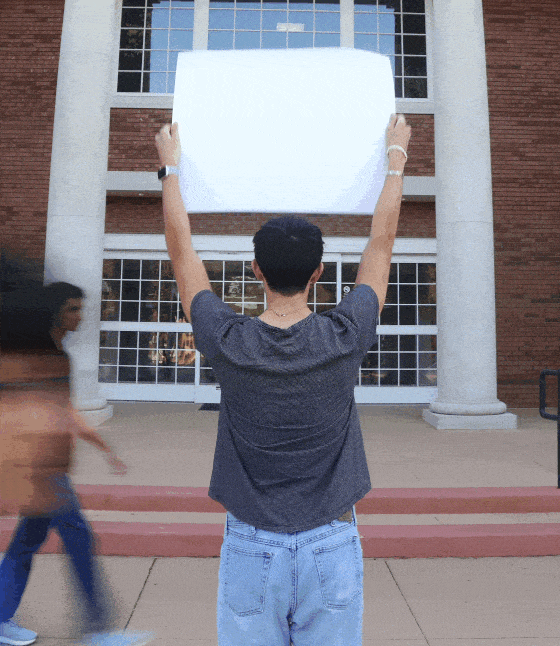






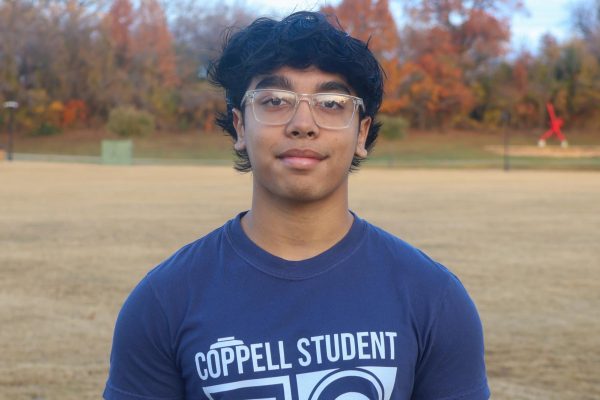
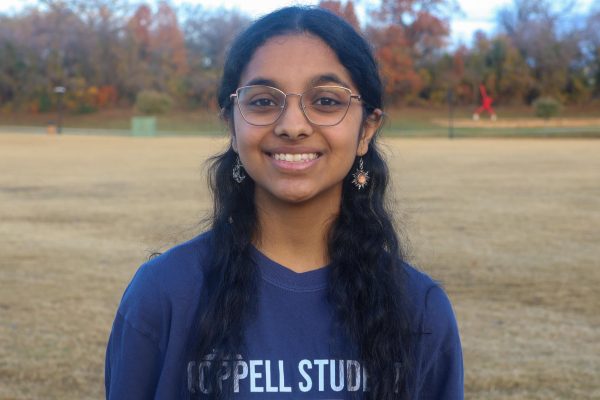
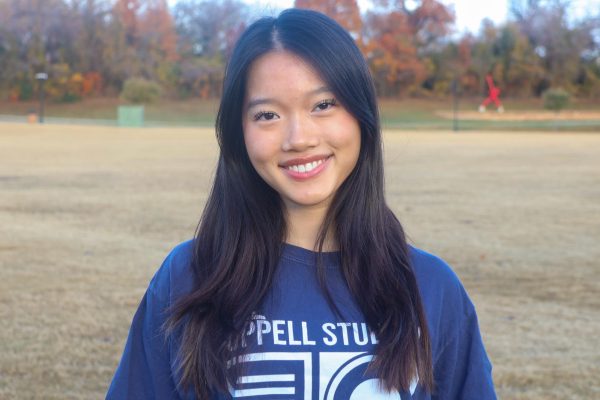
sahasra chakilam • Nov 4, 2024 at 6:27 pm
amazing story!!